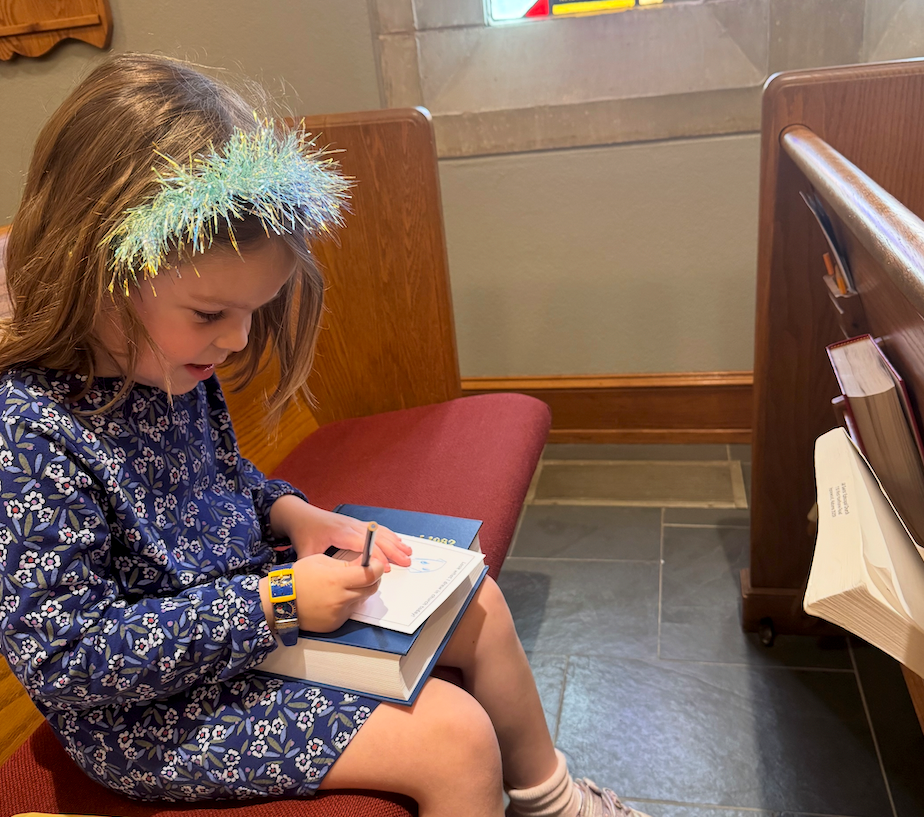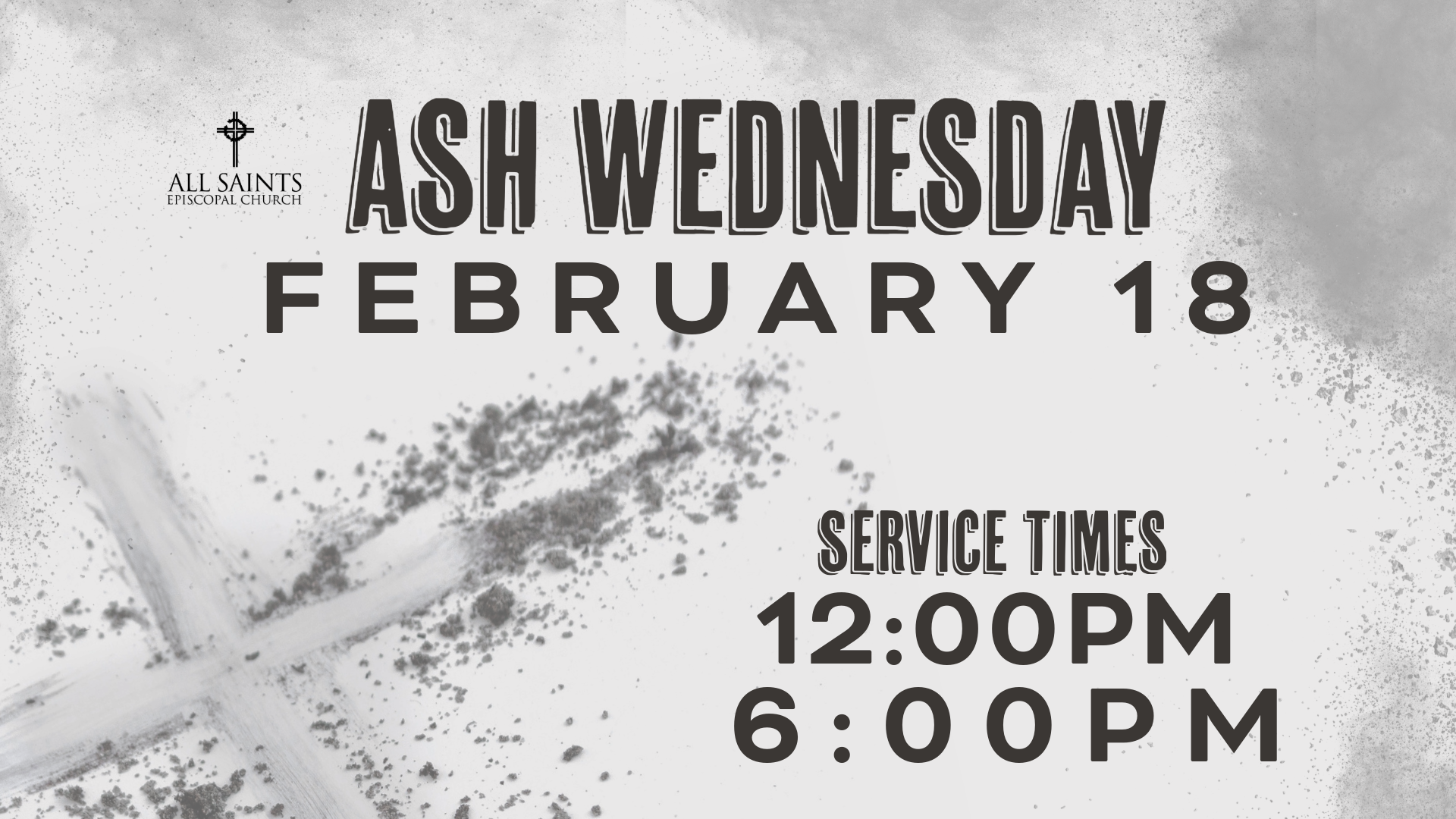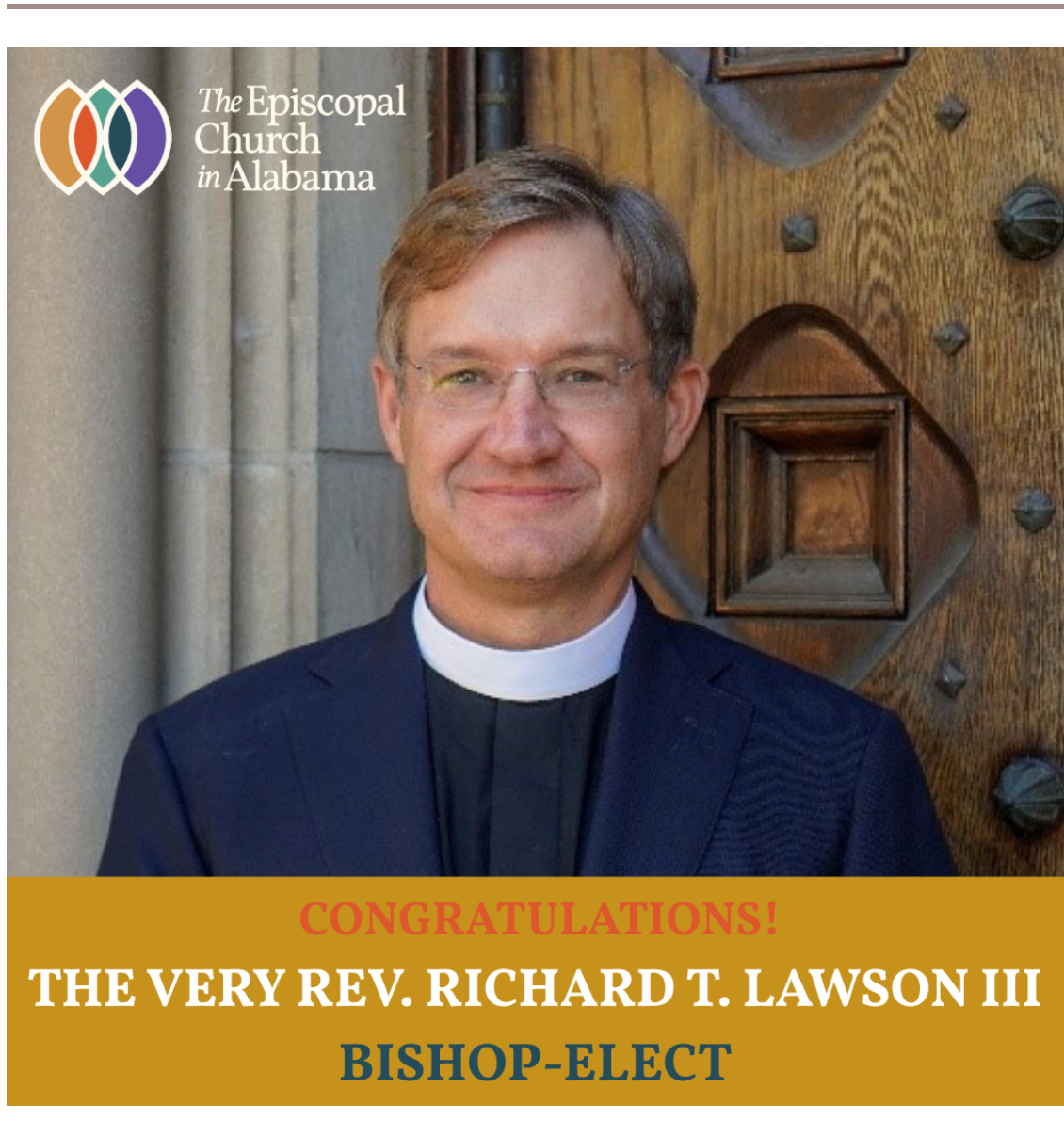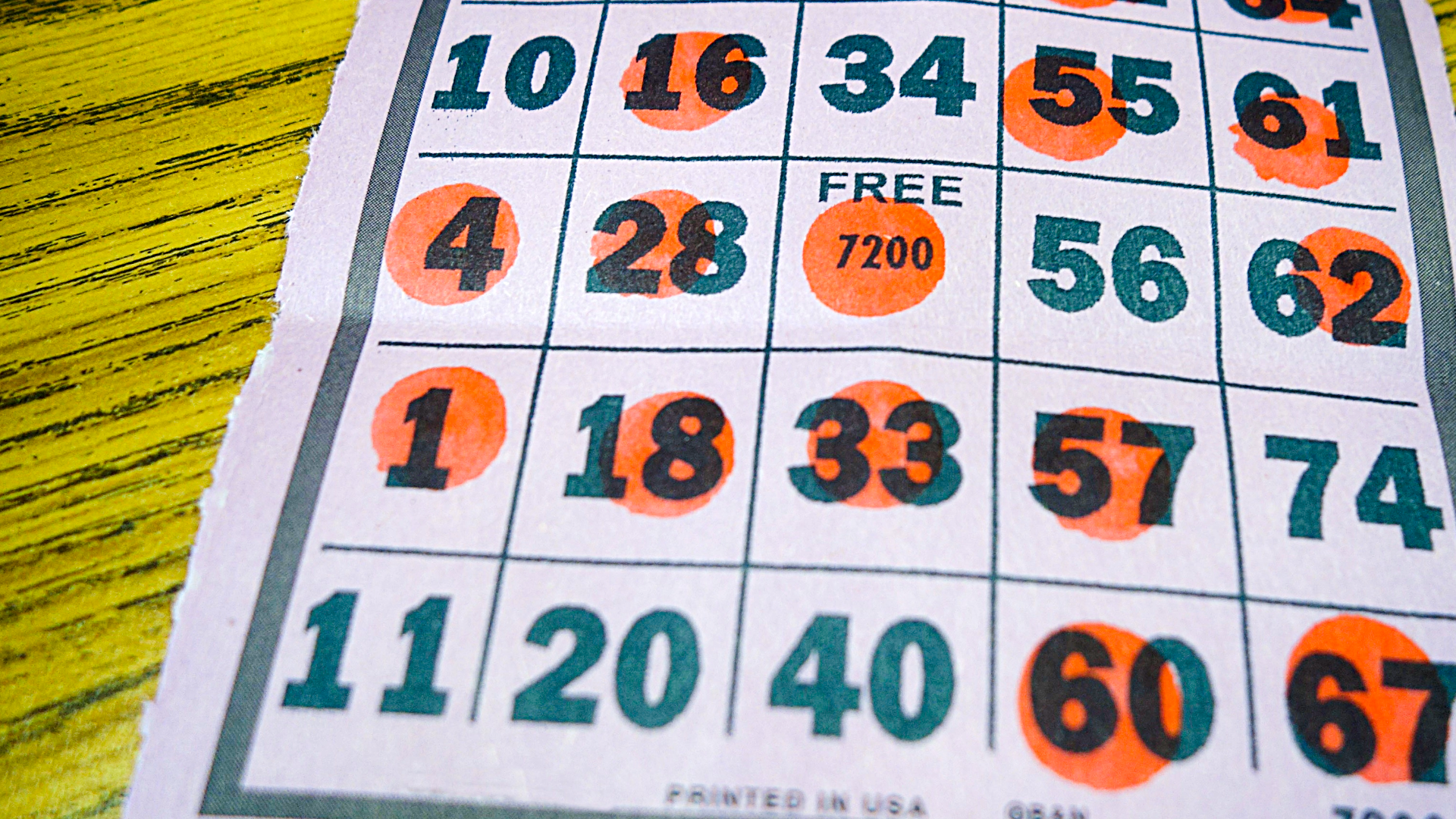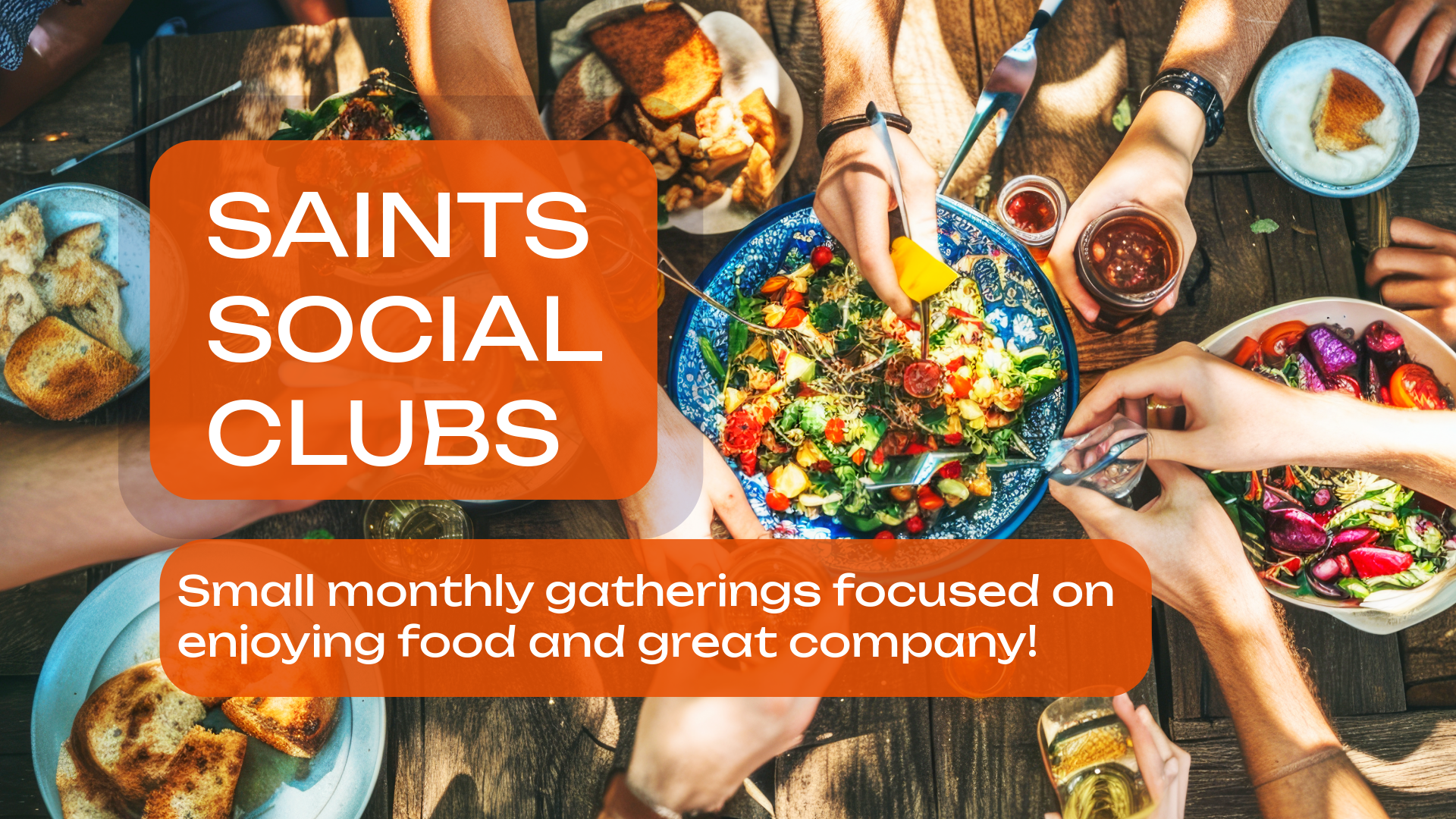Who Are You?
"Who Are You?"
Sermon by The Rev. Seth Olson
December 17, 2023
Holy God, the Word made flesh, the light in the darkness, let my words be your words and when my words are not your words, let your people be wise enough to know the same. Amen.
There’s a meme that has been circling around my social media feeds for the last week. Jesus is coming up out of the baptismal waters of the River Jordan. John the Baptist is holding the soaked Jesus who is clad in an all-white vestment. Above the two are Jesus’ words: “You could have just poured some water over my head without trying to drown me!” To which, John replied: “Sorry, man, but I’m John the Baptist. You must have been looking for John the Episcopalian.”
This is funny, right? And, not only because it pokes fun at our own religious sensibilities—even if we at All Saints utilized a baptismal pool at the Easter Vigil earlier this year. This joke also makes me chuckle because it points towards how John is portrayed in Holy Scripture and beyond. More on that in a moment, but first I have a question.
Who are you? It’s one of the most important questions we ever ponder throughout our lives. If I were to ask you to answer this now, how would you reply?
Often when I respond to this question about my identity, I end up talking about the roles I fulfill in life, instead of who I am. It’s easy to do, our roles are important. Yes, I am a child, a sibling, a spouse, a parent, a friend, a clergy person, a neighbor, etc., but these roles are not all I am.
John the Episcopalian… I mean Baptist knew this—even though we can’t even talk about him without saying what his role was. Still, if we look closer at John, his portrayal in the Gospel accounts, and how he responded to this important question of “who are you?”, we will discover something of crucial importance about our true identities.
Now, a few weeks ago, I mentioned my New Testament professor, the Very Rev. Dr. Cynthia Kittredge, and that she warned my seminary class about making Gospel Stew—when we mix together the four canonical accounts of Christ Jesus’ earthly ministry. Professor Kittredge was wise for instructing soon-to-be clergy to stay away from crossing the Gospel streams to form one, unified version. I believe this because when faithfully reading these different accounts, we discover they are so drastically different, which we can clearly see when examining the character of John who appears in all four Gospel accounts.
In Mark, John was the Baptizer. He dunked Jesus in the mysterious, bap-tismal waters, he was arrested, he intrigued Herod, but was later beheaded by the political leader before his disciples buried him.
In Matthew, John was the Baptist. His message was of fiery repentance. He was confrontational to the religious leaders of the day. Matthew depicted John as one who was curious about Jesus’ mission and the former gave way to the latter upon hearing about the fruits of his work. Again, Herod took John’s life.
In Luke, John was not described as baptizer or the Baptist, but instead was situated within his family—he was the Son of the Temple Priest Zechariah. He leapt in his mother Elizabeth’s womb when the pregnant Mary came to visit her relative. As an adult, John went into the wilderness to proclaim a baptism of repentance for the forgiveness of sins. Like the other synoptic Gospels (Matthew and Mark), Luke employed a flashback sequence to explain how Herod, under political pressure, beheaded the prophet John.
In John’s Gospel account though, John “the Baptist” does no baptizing, at least not to Jesus. Instead, John here has a different role. He is John the witness. As you may recall, the Gospel according to John begins with a cosmic hymn about the Christ. “In the beginning was the Word, and the Word was with God, and the Word was God.” Christ was the Word through whom all things came into being—Christ was the light, which no darkness could extinguish.
Strangely in the middle of this beautiful hymn about Christ there’s a mention of a man name John. The cosmic song delineates that John was not God, nor the word, nor the light. We heard this as the beginning of today’s Gospel lesson: “There was a man sent from God, whose name was John. He came as a witness to testify to the light, so that all might believe through him. He himself was not the light, but he came to testify to the light.” We can see John’s role as witness here. As one scholar put it, “The principal vocation of John in this Gospel then is to bear witness, a verb that occurs thirty-three times in the Fourth Gospel and only twice in the entirety of the Synoptic Gospels.”[1] John not the baptizer, nor the Baptist, nor the son of Elizabeth and Zechariah, but John the Witness. This was his role, but what about the deeper question of his identity? Let’s see how John answered the question, “Who are you?”
John was asked by the religious leaders of his day this question. It’s remarkable that John’s movement of baptism and repentance was raising enough of a fuss that those in power came to wonder what was going on out in the wilderness. However, when asked, “Who are you?” John avoided one of the greatest temptations all of us face. Instead of hogging undue credit or speaking more highly than was warranted, John knew exactly who he was and who he wasn’t. He was not the Messiah, he was not Elijah, nor was he a prophet. So, the religious authorities as well as the band the Who really want to know… “Who are you?” (who who, who who!)
The reply to this question about identity points back to words from Isaiah, and as Cindy pointed out last week, the prophet we describe as Second Isaiah. John utilized the prophetic words, “I am the voice of one crying out in the wilderness, ‘Make straight the way of the Lord.’” When pushed to talk about if he was just this voice out in the wilderness, then why was he baptizing, John revealed that his identity was not merely attached to his role, either as witness or baptizer. At his core the most important thing to John was his relationship with the one to come.
John’s identity grew from his connection to God and to the Christ. He knew at the core of who he was that his whole life was to point to the one who was before him and was coming after him—paradoxical, right? Who John was could not simply be answered with a role like witness or Baptist, but instead his essence emanated from his relationship with God. This truth is not unique to John. Next Sunday, we will hear something very similar in the witness of Mary the Godbearer. And, this is true of our own lives.
When asked about who we are, we might start with the roles we play, the work we do, or the principles we adhere to in this life; however, what is of more importance are the relationships we form—and primarily the relationships we have with God, neighbor, and self. The Ubuntu theology, which emerges out of Africa, puts this very succinctly—I am because we are. Who I am cannot be untangled from who we are. Despite the best efforts of our society to make everything about the individual, what matters most is how God unites us all one to another.
Speaking of being united one to another, I have been gifted with the past five years of ministry here at All Saints. For this time, I will forever be grateful. And while I have served in a role as your priest, as the Associate Rector, the role is only part of the larger truth. I am because we are. Despite my ever-nearing departure from this role, what gives me hope, strength, and solace, is that no matter how far away we might be geographically (and I am only going to Hoover, friends), we are all forever united in Christ.
That’s the truth! Somehow mystically, we will be forever one. In the mystery of Holy Baptism, we are grafted into the Body of Christ, adopted as God’s children, and marked as Christ’s own forever. When we share in the Body and Blood at God’s altar table, we are again united, as we live into the saying: you are what you eat—we eat and become the Body of Christ. Thus through these sacraments, we can never be separated. And, we will always be united in our truest identity: God’s beloveds.
So, as we move through this next week towards the wonder of Christ’s Incarnation in Jesus of Nazareth, as we spend the seven days ahead holding onto the truth of Advent—that God is coming to us, as we prepare ourselves to receive the Christ child, may we remember who we truly are—God’s beloveds. As one of my mentors, the Rev. Annwn Myers, is fond of saying—Remember who you are and whose you are. You are God’s beloved and for you I say, “Thanks be to God.” Amen.
More Announcements
